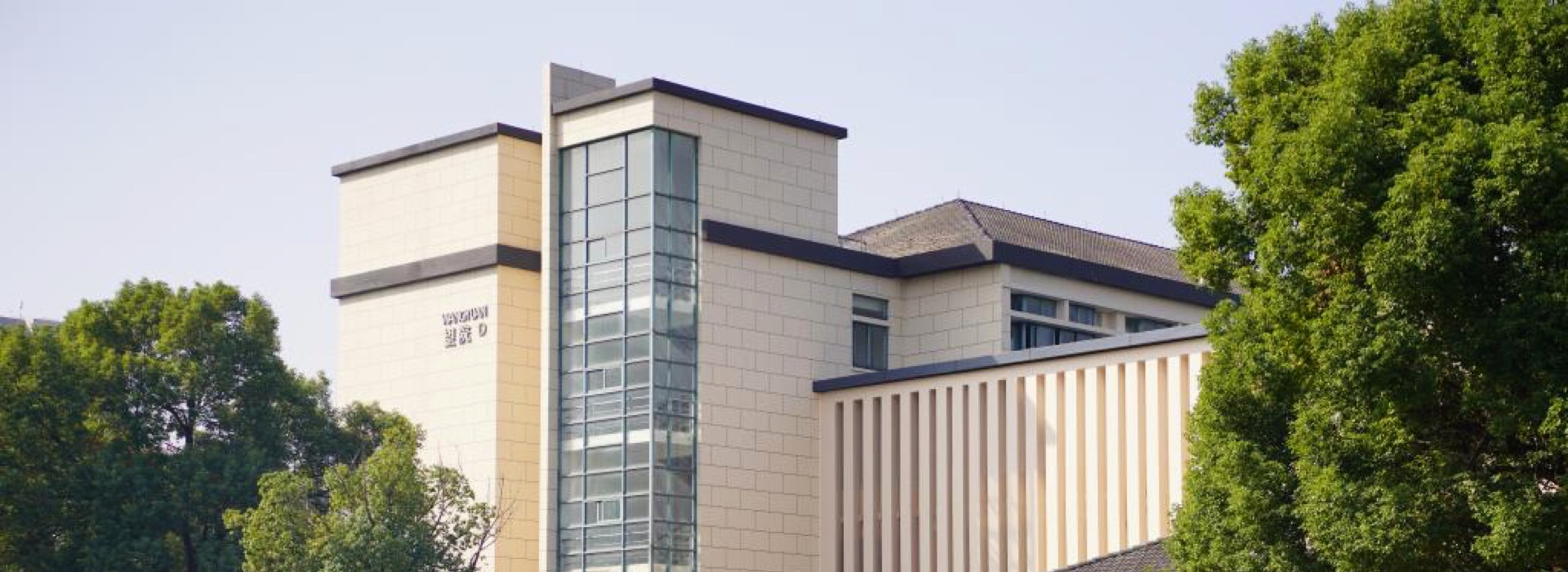The 21-day“BRICS Youth Study TourofDigital Zhejiang”, co-hosted by ZISU, Moscow State Linguistic University and the University of Brasília, successfully concludedon July 11. Chai Gaiying,ZISU’sVice President, attended the closing ceremony and delivered a speech.
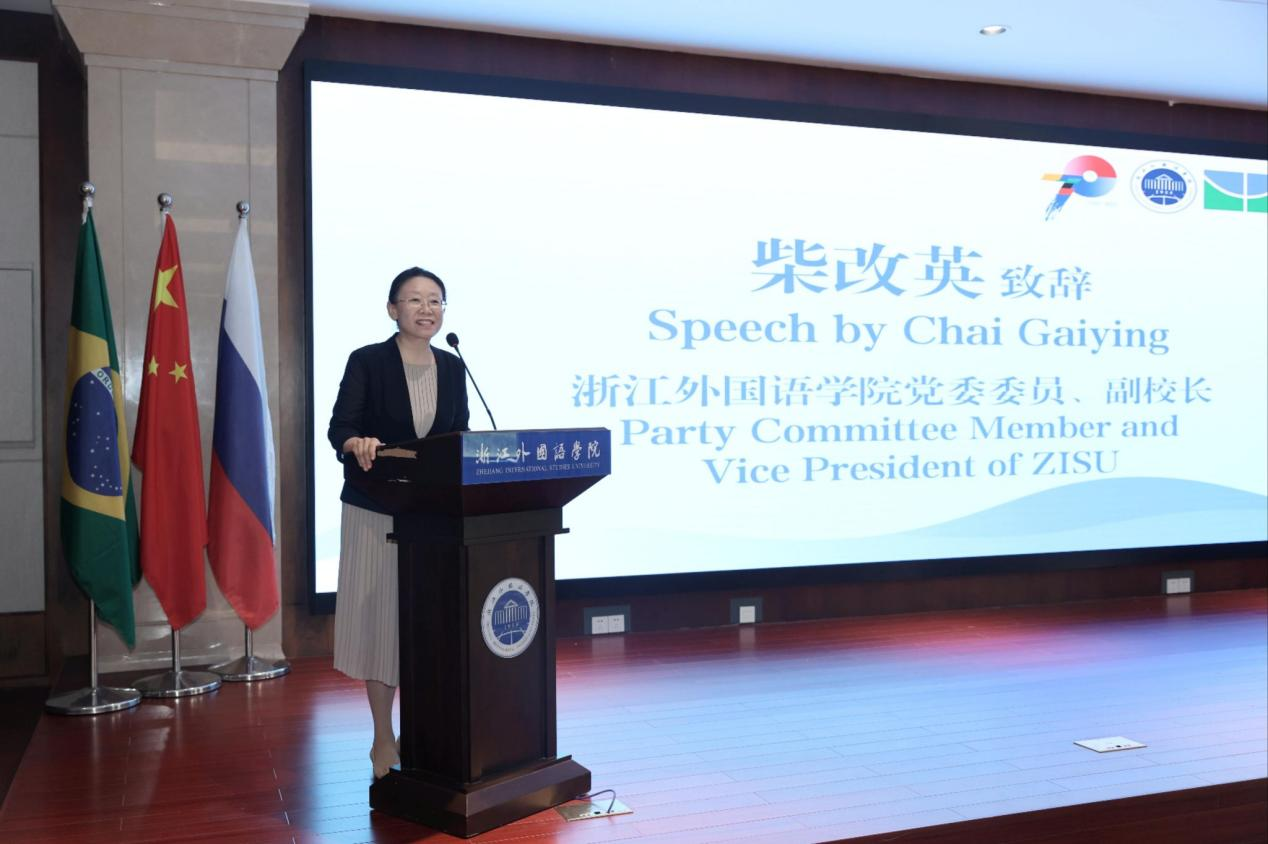
Chai noted that through immersive activities,including classroom discussions, intangible cultural heritage experiences, and enterprise visits,theprogramhasenabled teachers and students from China, Russia, and Brazil to appreciatethe allure of Chinese culture and the dynamism of digital development. This model of cross-cultural exchange has injected fresh momentum into collaboration among BRICS universities while forging aversatileplatform for young people to engage in civilizational mutual learning. She expectedthat BRICS youth would take the initiative to act as advocates for digital equality, contributors to global challengesolution, spokespersons for cultural mutual learning, and guardians of world peace.
Vanessa, speaking on behalf of faculty from the University of Brasília, noted that the program had fosteredmutual understandingof Chinese and Brazilian cultures and values. Its cross-cultural teaching practices had validated the "education-without-borders" philosophy, while effectively strengthening students' cultural awareness, resilience, and sense of mission to advance international collaboration. She expressed eagerness to build a long-term cooperative framework between the two universities, with this program serving as a starting point.
Nikolai, a student from Moscow State Linguistic University, said that Hangzhou'sdistinctive landscapesand cultural heritagemadethe study tourmore worthwhile, but what was most memorable was the sense of belongingfosteredby ZISU teachers and students. The cross-cultural insights gainedthrough this experiencewouldremainacherishedassetforher future growth.
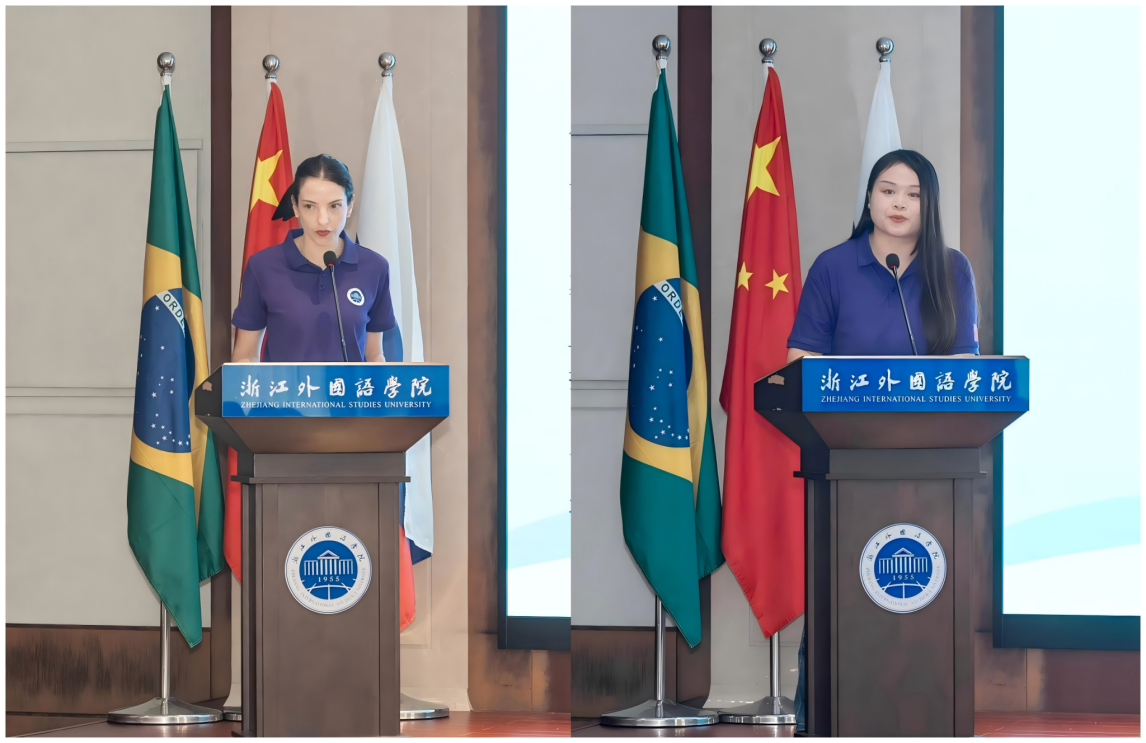
At the closing ceremony, the"BRICS Youth Roundtable Forum" was held, followed by cultural performances. Students from China, Russia and Brazil had a lively discussion on topics such as "Exploration, Dialogue, Transformation", "China's Economic Development and the Development of China and the World's Digital Economy", and "Youth Cross-cultural Exchange and Communication".
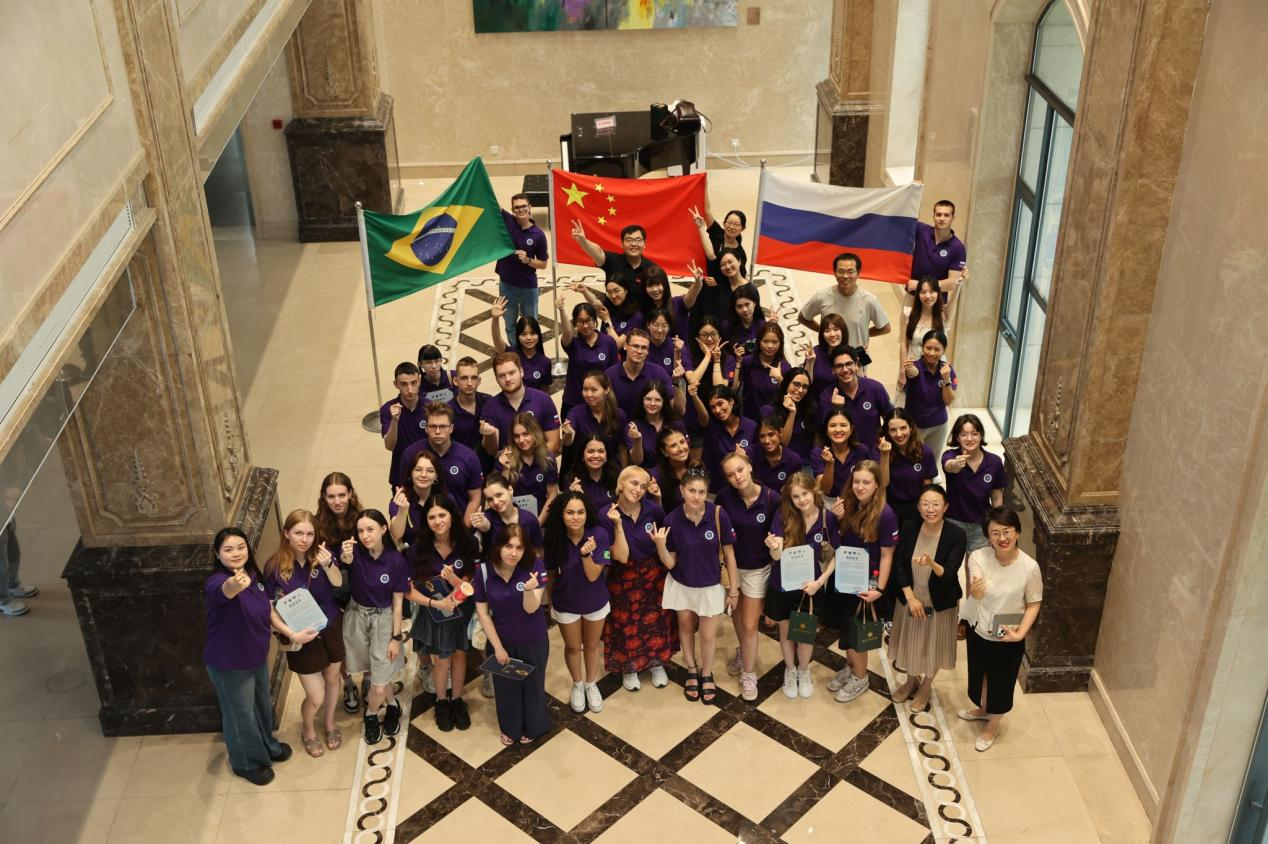
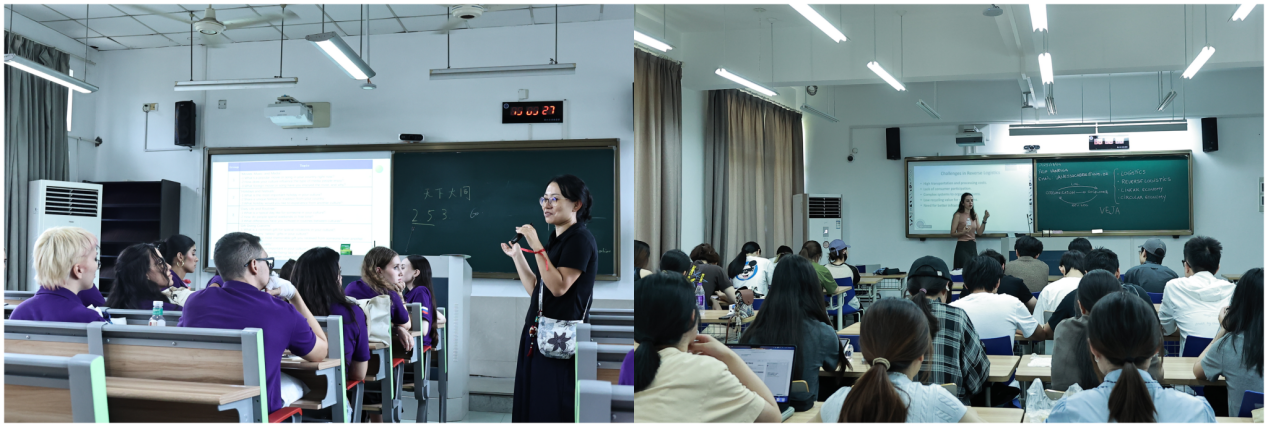
ZISU’sSchool of Businessopeneda series of localized internationalcoursesfor the study tour,such as "Development of Zhejiang's Private Economy" and "Digital Economy: Sino-US Digital Divide".Students were able toappreciatethe charm of "Digital Zhejiang" through a combination of theory, investigation, and interaction.
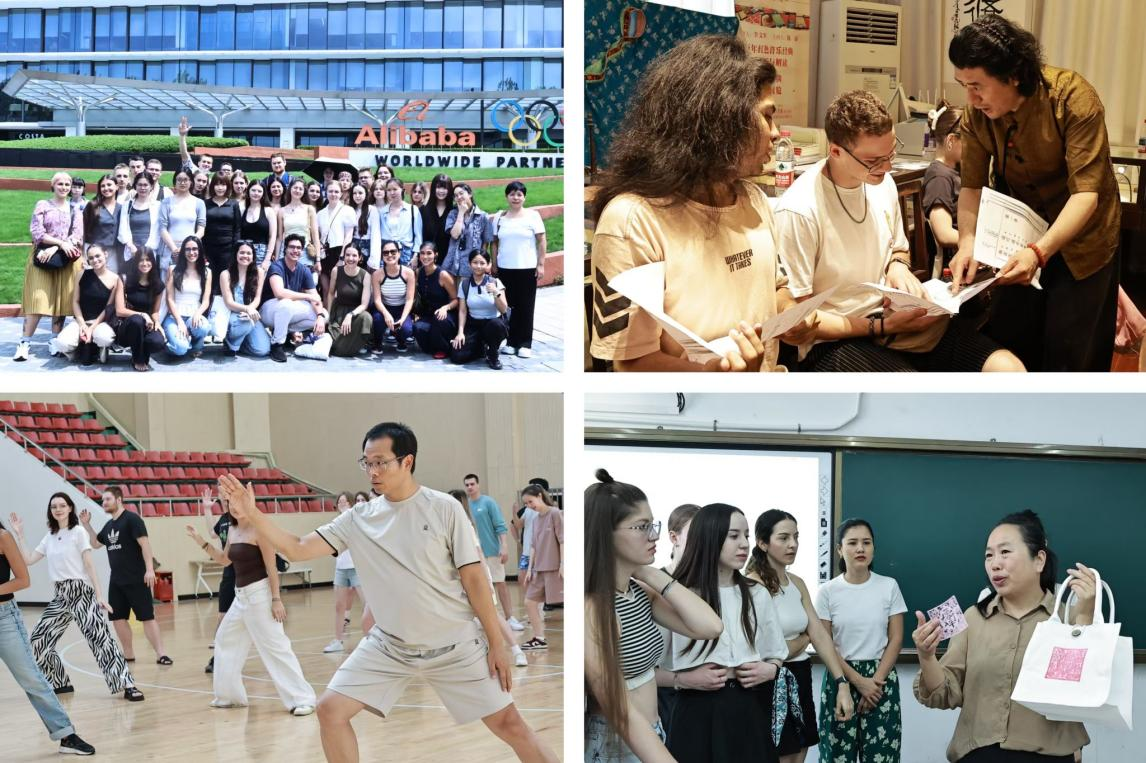
Additionally, traditional Chinese culturalactivities were offered to the participants,such as calligraphy, paper-cutting, andtaichi. They also visitedinteresting places such asAlibabaGroup, Dream Town, the National Archivesof Publications and Culture, andHefang Historical and Cultural Street. Luana, a Brazilian student, exclaimed,“These cultural experiences are far more vivid than anything in textbooks!”Mariia, a Russian student, marveled,“The integration of Chinese tradition and modernity is absolutely stunning!”Shi Yangfan, aZISU freshman of e-commerce, reflected,“From cultural immersion toideas swapping ondigital economy, these interactions have not only expanded my knowledge but also honed my communication skills. I feel that young people must join hands, drive progress through exchanges, and embrace our responsibilities through action.”

 CN
CN
